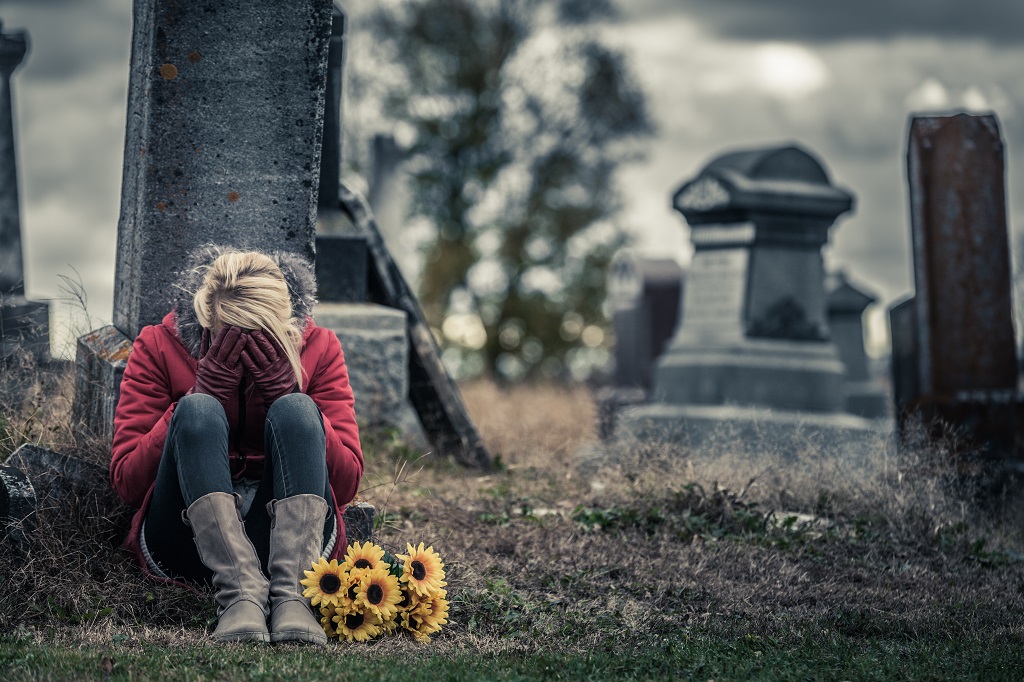Grief can come in all different shapes and sizes, and everybody grieves in his or her way. Some may find comfort in others and benefit from talking openly about their thoughts and feelings, while others prefer time alone to process their loss or prefer to distract themselves from thinking about their loss. There is no right or wrong way to grieve; however, some thoughts and behaviours can be more helpful or safe than others.
While grief is an emotional response to a loss, it is also a process of coming to terms with a change in life. Often, the most intense form of grief comes in response to the loss of a loved one; however, it can also be a result of other events such as divorce or separation, loss of employment, loss of friendships, diagnosis of chronic illness, loss of a pet, miscarriage or loss of home. Grief is complex, and depending on personality, values, culture and religion, it can manifest in a number of different ways. Among others, grief is often associated with feelings of sadness, shock, guilt, regret, anger and fear.
Although the sadness may never completely disappear, as you begin to accept the loss, the emotions associated with grief become less intense over time. As there is no timeframe for how long someone should grieve for, you may find yourself experiencing feelings of grief for months or years after the loss was experienced. However, if your grief is getting worse or it is so severe and constant that it keeps you from resuming your normal life, it may be that you require some assistance in working through your loss.
Every experience of grief is different and unique to each individual; therefore treatment around grief should be tailored to meet the specific needs of each person. Psychological therapy can help navigate you through the stages of grief and assist you in understanding and coping with your feelings after a significant loss. By listening to your story and understanding how loss has specifically affected you, your psychologist can help you adjust to this change, reach acceptance and move towards a meaningful life after loss.

